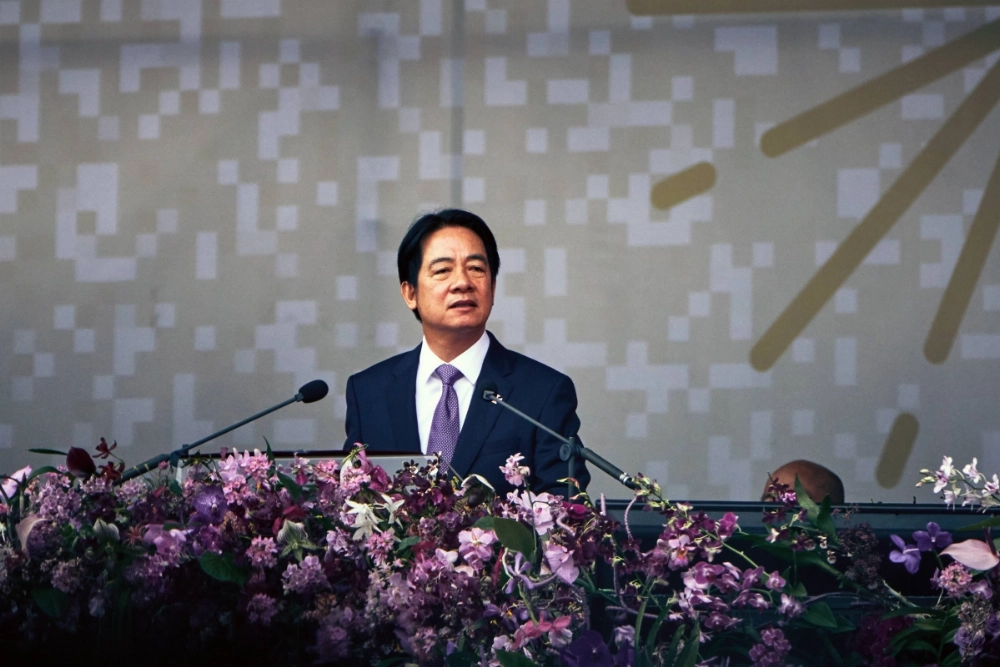Taiwanese President Lai Ching-te has called off an overseas trip planned for next week after the administration of U.S. President Donald Trump failed to greenlight his stopover in the U.S. amid concerns it could derail trade talks with China.
Taiwan’s leader isn’t planning any overseas travel in the near future, given the need for typhoon recovery work in southern Taiwan and tariff negotiations with the U.S., the Presidential Office in Taipei said in a statement late Monday. Lai is planning to go ahead with his trip later this year, according to one person familiar with the plans.
Lai had intended to stop in New York on Aug. 4 and then Dallas 10 days later as part of a trip to diplomatic allies Paraguay, Guatemala and Belize. Planning for that trip was thrown into flux late last week when Taiwanese officials couldn’t get their U.S. counterparts to give the go-ahead, according to people familiar with the matter.

















With your current subscription plan you can comment on stories. However, before writing your first comment, please create a display name in the Profile section of your subscriber account page.